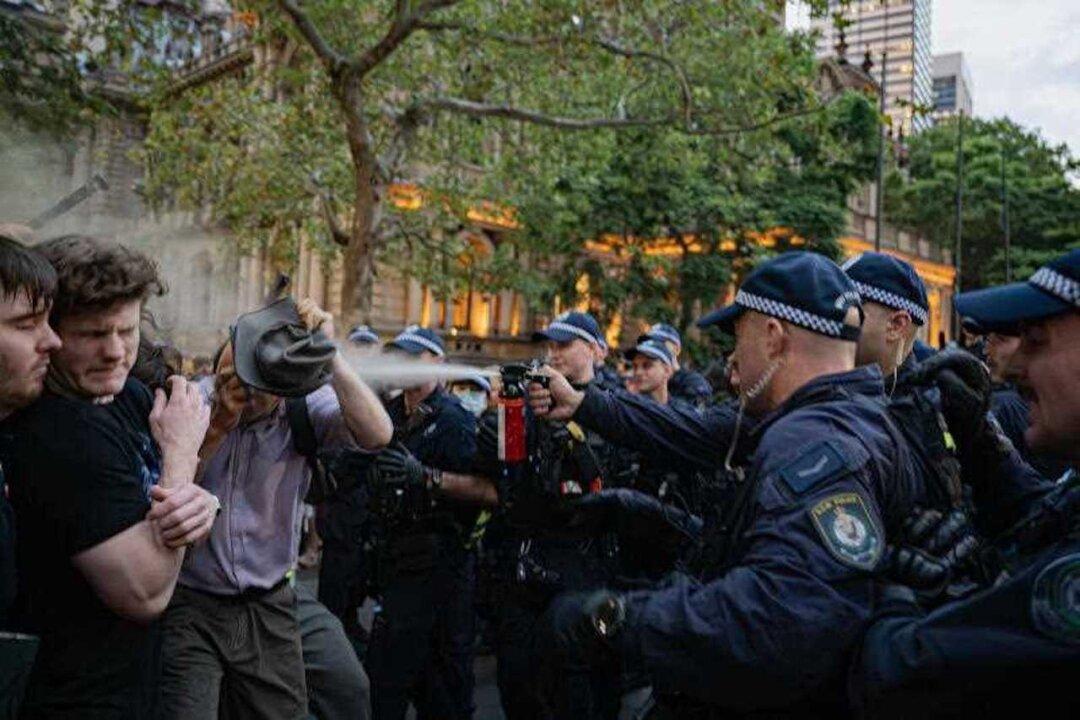New urgent care clinics won’t compete with existing practices, the health minister insists, as staff shortages continue to plague Australia’s medical sector.
Expressions of interest are being sought for the operation of seven centres in Western Australia designed to take pressure off emergency departments.





